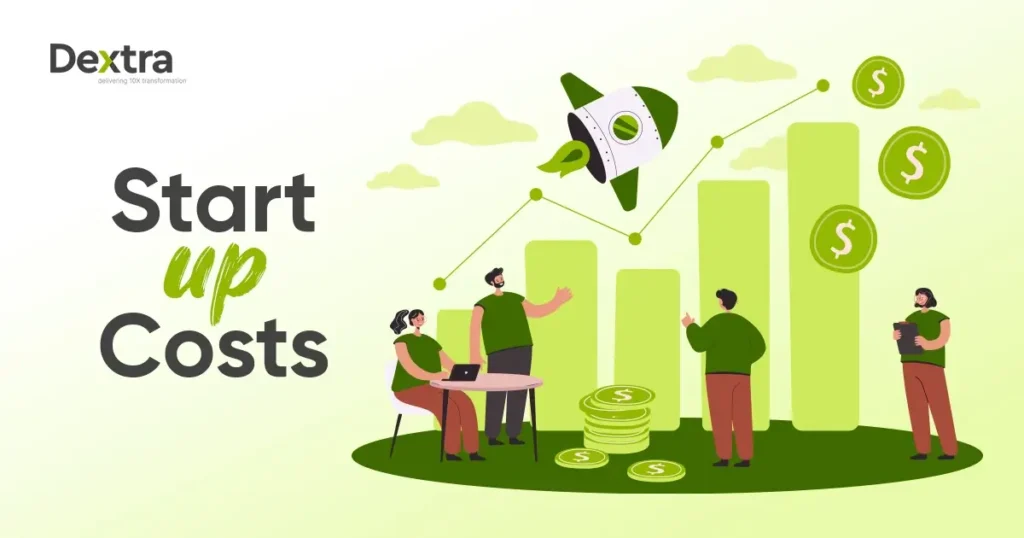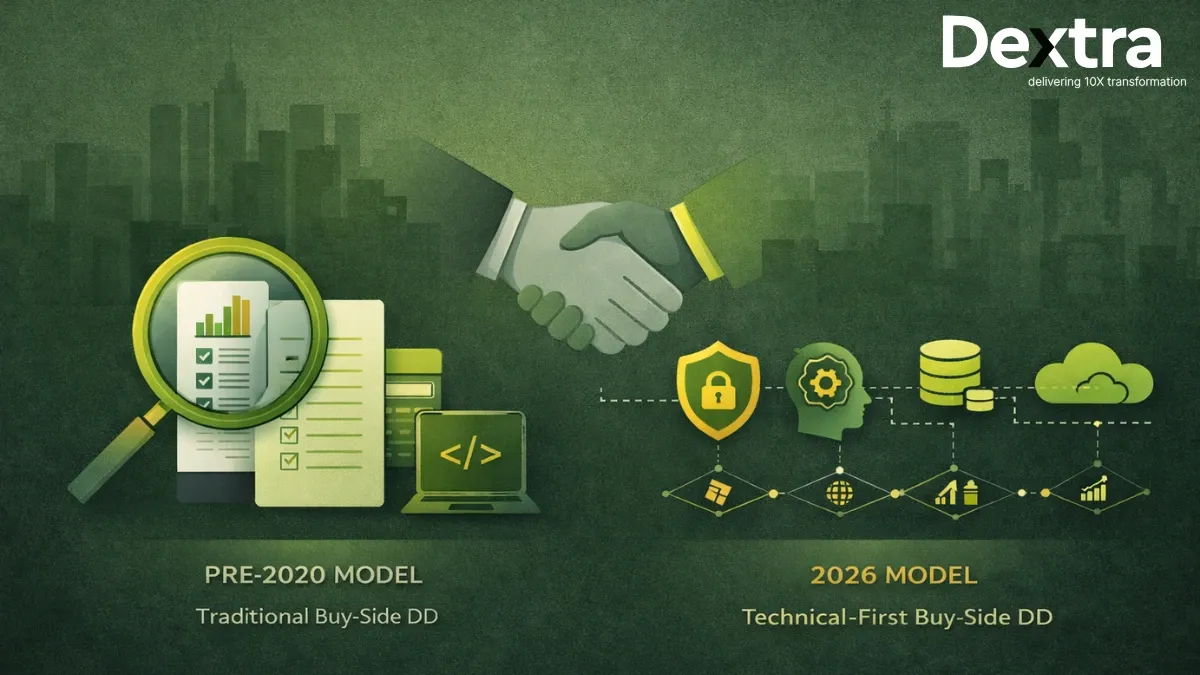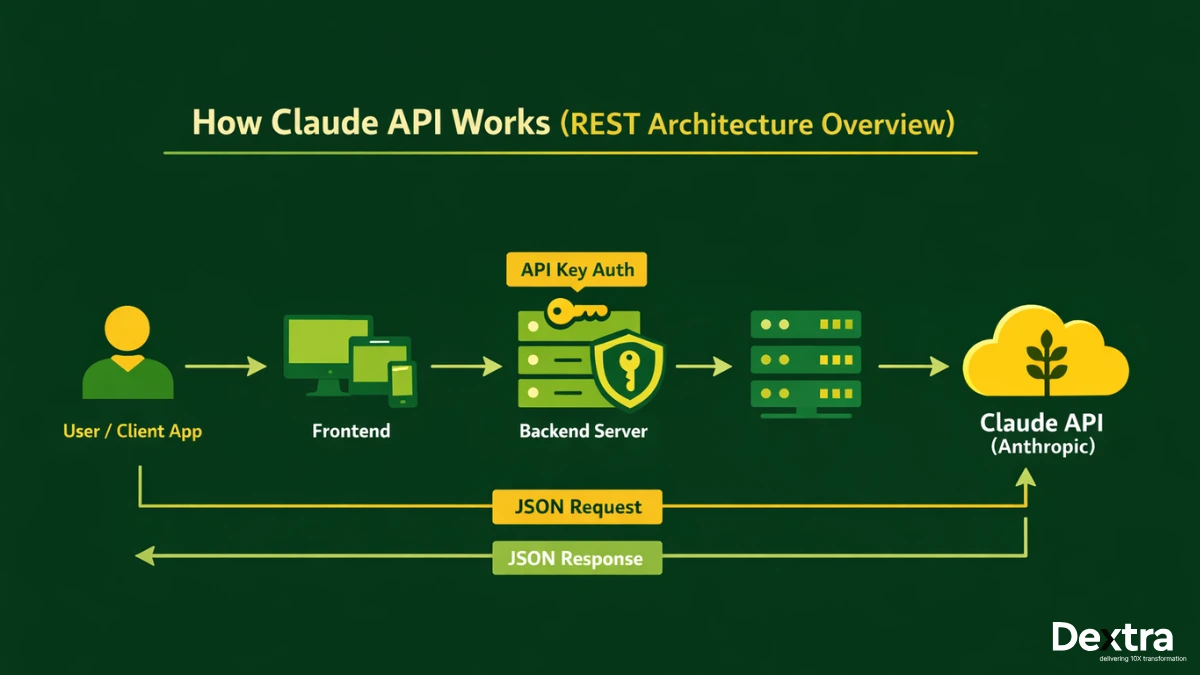Are you planning to start a new business? Planning a new business setup is never easy to kickstart with limited capital and initial difficulties in arranging funding to maintain business stability; all of these phases are stressful throughout the period.
There are numerous challenges in planning and executing a startup, and according to American Market Research, approximately 90% of startups fail and 65% in their first year because of a major mistake in miscalculating the business startup costs and the key factors of continuous fundraising to keep momentum between the income streams and the business costs to extract a desired amount of savings.
Therefore, if you intend to jump into a new startup or are already running a startup without proper cost calculations, this article might resonate with your business productivity and stability in the extremely competitive market. This article will let you explore why startups should calculate the startup costs and how proper cost calculation can help you sustain and stay in the long run.
What is a Startup?
A startup is formally known as a company (small, mid, and large scale) or project-based business formation by a dedicated team of Entrepreneurs to develop, scale, and sustain the business in a more valuable way.
Startups are mainly started by entrepreneurs who integrate themselves solo to seek business growth and avoid public affairs. These businesses perform their activities or can be started to accomplish specific long-term projects under a single control.
What Is the Company Startup Costs?
The success of a startup depends on many factors. Still, the most important factor in staying alive and longer in the market is calculating the initial and operational costs to maintain business stability. During a market downfall, only those business startups survive and have significant control over their business inputs and expense outputs.
For Instance, restaurants, mostly small-scale startups, start with low capital. In a restaurant business, you have to encounter many operational and managerial costs, including quality materials, high-end staff, utilities, and many other startup costs, to create a magnificent environment.
Why Are Startup Costs Important?
1- Estimating Financial Goals
The primary goal of a startup is to succeed under pressure conditions, and these goals can only be accomplished if you have built strong, measurable checks on all business expenses, inputs, and outputs. Companies are spending thousands and millions of dollars to hire someone to craft significant policies to maintain a suitable business flow and achieve their goals by reaching targeted audiences and potential buyers for strong and impeccable business growth.
2- Eliminating Unexpected Costs
There are some startup costs that companies do not need to consider. Still, sometimes the key reason for startup failure is miscalculating the business expenses and overlooking the minimal but regular expenses not considered. These minimal-rooted expenses can damage your current flow and desirable growth. Therefore, the expenses should be checked and calculated before making any final results or decisions.
3- Collaborating Business Resources
The aim should be to use all collaborative resources to align your business growth with an optimized workflow to streamline the process. Companies should learn the basic tactics to use and reuse all business resources, and the ability to perform under pressure conditions with minimal resources, turning into higher outputs.
4- Saving Funds for More Initiatives
All the startups that are running perfectly under these pressure and competitive conditions save their capital by minimizing the overall business cost to maintain a streamlined in limited capacities and using their capital wisely to perform better by staying line to line with their competitors and starting more subsidiary initiatives for ultimate business growth to take over more industries and resources.
Pre-launching Company Startup Costs?
Some initiating startup costs are important in starting any business, occurring only once in the business cycle.
1- Compelling Business Plan
The first cost check-in for executing the business startup is working on a compelling business plan under your key consideration. You can save this major cost by clearly defining your desired goals and business roadmap. Otherwise, some startups need consultancy services from marketing experts to present a solid business plan, working domains, and key market functionalities to help them start a new venture. Moreover, suppose you hire a business consultant or strategist. In that case, they can guide you and help you sustain yourself in this market, share valuable tips on overcoming the fear of failing, and encourage you with business scalability-proven tactics. An average business consultant costs around $1000 to $15,000, depending on their skill and experience.
2- Market Research Cost
If you have a rock-solid business plan but do not conduct proper market research, your startup will likely fail or face challenges after its execution. Therefore, you must build a research team under your control or acquire services from research companies to align your business performance with updated market trends and useful products. Many startups get research services from industrial experts before starting the business for smooth business performance and optimization.
3- Business Insurance, Permits, and License Cost
There are some other one-time startup expenses to cover the cost of business and employee insurance EYI, getting business work permits, and relevant licences to perform your business activities more confidently and sustainably. Insurance is a major expense, but it can provide benefits in measuring safe control over employees’ life protection, product damage care, and covering business assets.
4- Technology-Integration Cost
Today’s business scalability is measured based on the technological approach and how popular a business is online. That’s why companies must build their business on digital platforms, which is an essential startup expense to scale the business by developing a quality website and other social channel profiles. A website is a mandatory digital certificate of a startup’s performance to show business potential. Therefore, acquiring services from technological experts for website development can cost you around %500 to $1500, depending on the startup niche.
5- Office Equipment Cost
Building any startup is challenging because the primary function operates after getting an office in a suitable, business-benefiting location with maximum access. Therefore, setting up any office requires a piece of one-time furniture and electronic equipment, which creates a delightful internal environment.
6- Employees and Retaining Costs
One of the most essential startup costs is to ensure a suitable amount in hand to retain the best-performing business talent in the company startup and to make valuable policies under your budget on how to maintain the employees by providing them market-competitive incentives, paid leaves, recreational activities, and some other benefits or loans. You have to keep some amount to face this cost challenge.
Prior-launching Expenses for a Business
1- Office Renting Cost
Owning any property for your office can be challenging; therefore, you must look for an office space with a monthly rental cost. This is a recurring business expense to retain an office space on rent under a surety bond for a specific time. Apart from office space, you must acquire warehouses and retail outlets if you are into manufacturing and trading startups.
2- Utilities Expenses
Utility expenses are also present, which all employees must pay monthly and regularly for smooth business operations. Some major utility expenses are electricity, water, internet bills, air conditioning or heating, etc.
3- Company Employees’ Salaries
Payroll is a major cost for any startup. Whether your business is performing well or not, you have to pay your team’s salaries at the end of each month.
According to Forbes Magazine, startup salaries vary from 15% to 20% of the budget. Some businesses also pay higher wages to retain employees by offering key benefits and salaries.
4- Marketing & Advertising
One of the significant and most essential costs for many startups is to advertise their specialties and expertise to gain more potential customers and project their business to the ultimate market by designing captivating marketing campaigns and advertising on many social channels and physically, such as billboards and brochures. Marketing is the bloodline of any business. Therefore, companies are building more resources to spend more on their marketing and advertising channels which cost them more depending on their business and outreach size.
5- Business Supplies
Some startups, manufacturing, and trading, focus on the supply channels of their day-to-day products to enhance the operational segments by optimizing with available resources to generate the best outputs. Therefore, weekly or monthly supplies also need a significant share of the company budget to maintain the workflows. These may be high or smaller expenses in the company list, but are recurring.
How to Estimate the Business Costing?
1- Listing Down All Essentials
One prime method to calculate the estimated business cost is, first of all, listing down all the essential segments of the business that have to be performed regularly in any startup’s operational channel. Listing and organizing them according to their categories can surely assist you in estimating the basic business cost.
2- Calculation of Initial Expenses
For a successful business cost estimation, you have to keep a sharp eye on the initial business cost calculation when starting any startup. If you can calculate the business expenses early, you can attain the best results of business costing output to streamline your expense chart.
3- Estimating Monthly Expenses
After successfully calculating recurring expenses, you must organize a list of all monthly startup expenses to estimate a major part of the expenses to align your growth policies with a balanced budget and expense handling. We have elaborated on major monthly expenses to help you calculate the best-estimated expense chart.
4- Deferred and Bad Debts
Companies must understand how much bad debt and deferred payments can be managed under a scalable business. If the amount of deferred payments and bad debts is in surplus, then you have to craft policies to minimize the rate of these payments because these payments can damage the startup’s performance in the early stage.
Common Mistakes in Calculating Business Startup Costs
1- Avoiding Minor Expenses
One of the major issues is miscalculation and overlooking minor expenses on but regular basis. Therefore, these expenses are sucking business growth like warm. So, experts suggest always looking at the tiny expense sheets to add them to the major categories.
2- Neglecting Subscription Costs
Some businesses obtain software, apps, or tracking subscriptions essential for IT control. Therefore, software maintenance and subscription costs are mostly overlooked when calculating.
3- Lack of Advanced Knowledge
Companies that are highly focused on having strong growth and control over the market hire experts to calculate and align their business policies with their goals. Conversely, companies with limited resources and inexperienced team leaders and financial advisors have a high chance of failing to stop the business.
4- Miscalculation of Running Projects
Sometimes, the cost of the running project is not considered, or the finance advisor and strategist don’t look at the actual cost the startup is bearing for all the ongoing operations. These resources, manpower, and business supplies should always be calculated with the actual costs to get an accurate expense chart.
Some Fund Generations For Your Startup
A startup with a solid plan and maximum output forecasting can put it in place to attract more potential investors and generate multiple fundraising resources.
- Initial Personal Savings
- Small-Scale Business Loans
- Hidden Investors
- Banking Loan with Lower Interest
- Crowd Funding
Frequently Asked Questions
Q. Why is calculating the startup costs essential?
The scalability and sustainability depend on the best calculation of inputs and expenses to keep the activities on track. Therefore, accurate and error-free calculations can enhance the growth chart of the startup.
Q. Are these startup costs fixed?
These startup costs are fixed to a limited extent, but these operational costs can vary depending on their business size and business scalability.
Wrapping Up
Hence, a basic understanding of costing principles is crucial for many startups, especially new ones. Therefore, a dedicated team under strong leadership can generate multiple ideas and the best calculation methods for estimated startup costs. If the companies are aligning their feasible growth policies with accurately managed expense charts, they are in the line of growth and a scalable business position.
Suppose the companies do not have skilled calculators and financial advisors. In that case, they should hire a competent industrial expert to manage their workload and share vulnerable business tactics to manage and calculate the startup expenses. They should also keep the monthly and semi-annually expenses chart and compare it with the coming months and years to keep the business on track.








